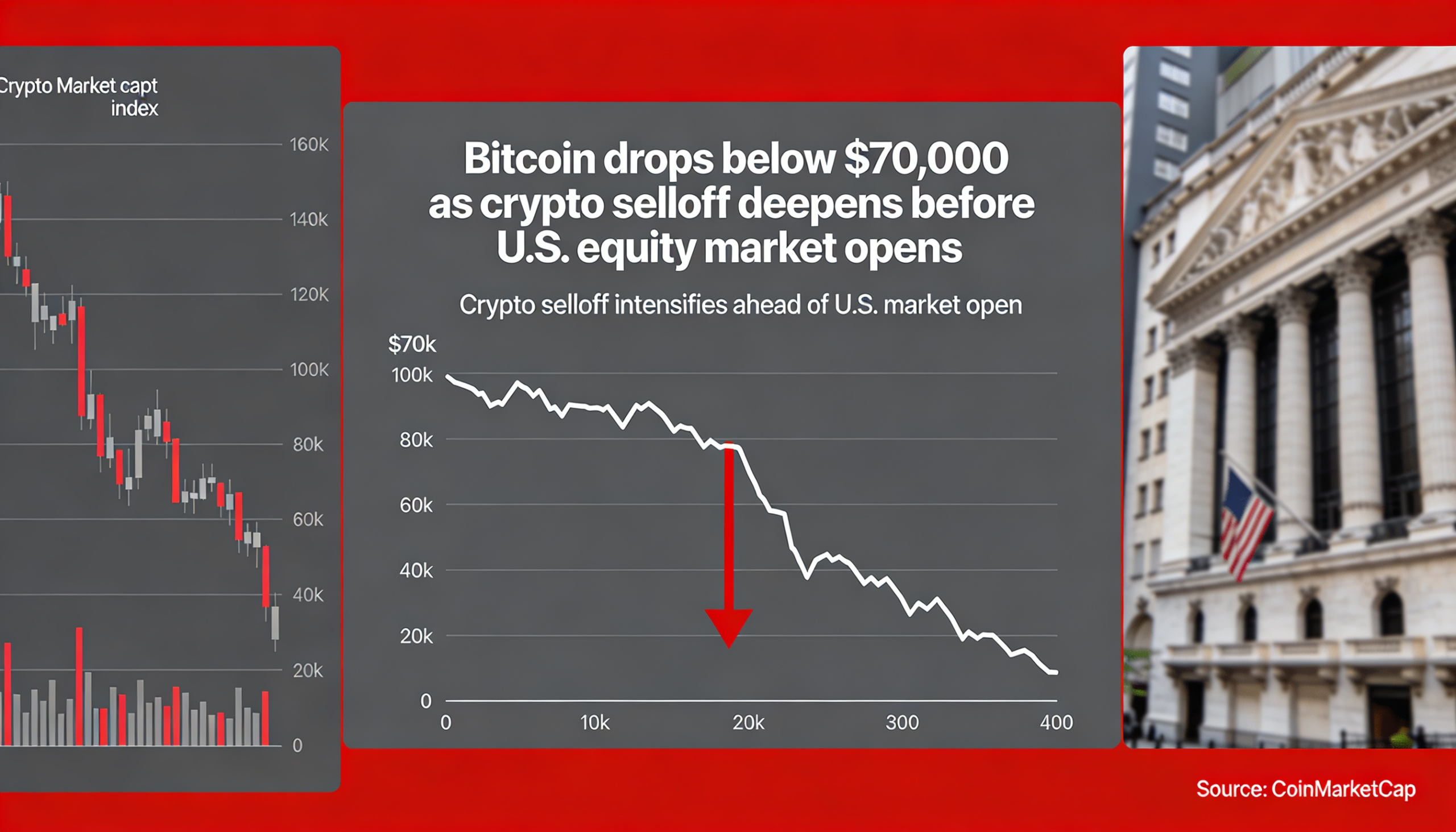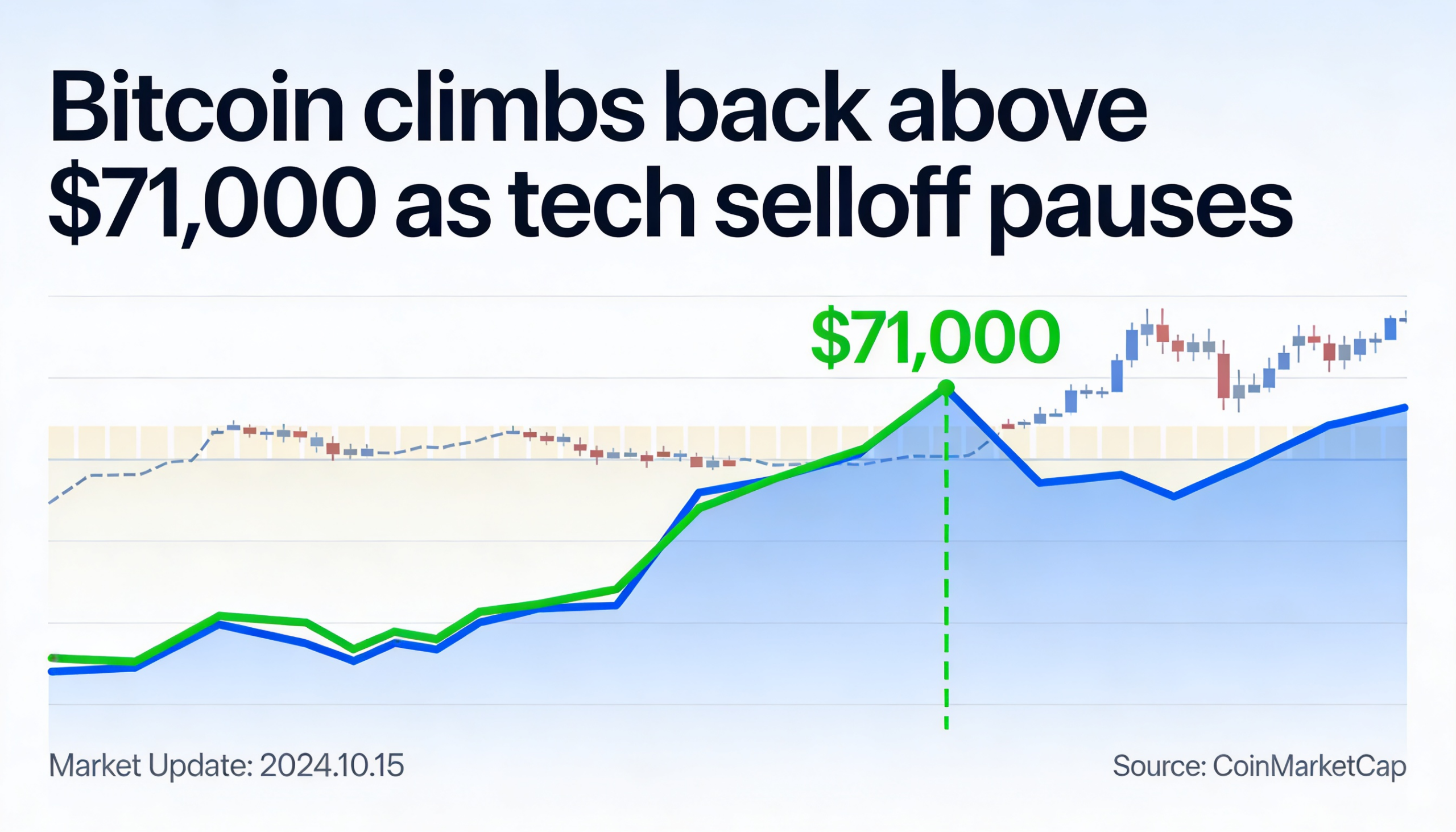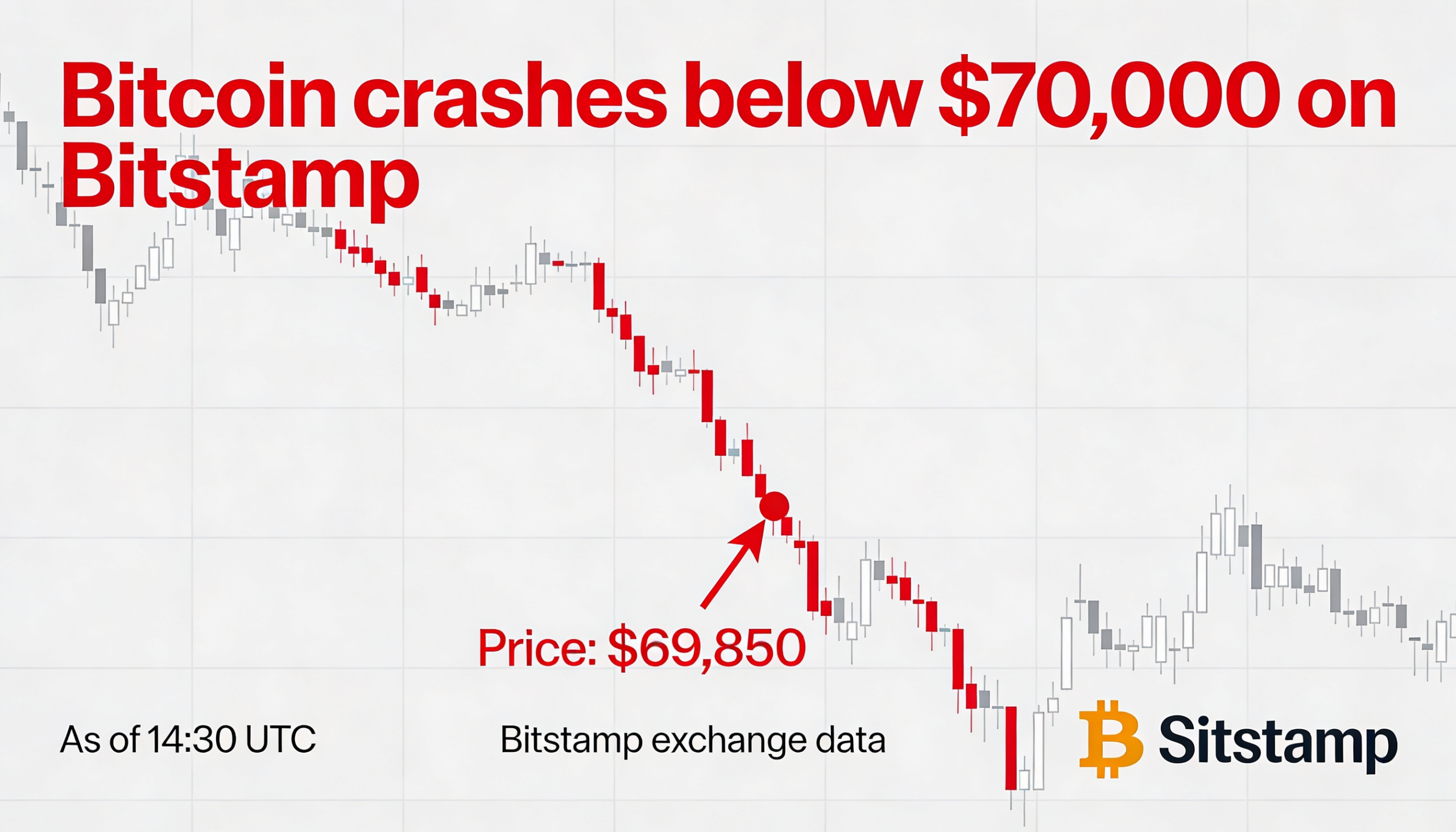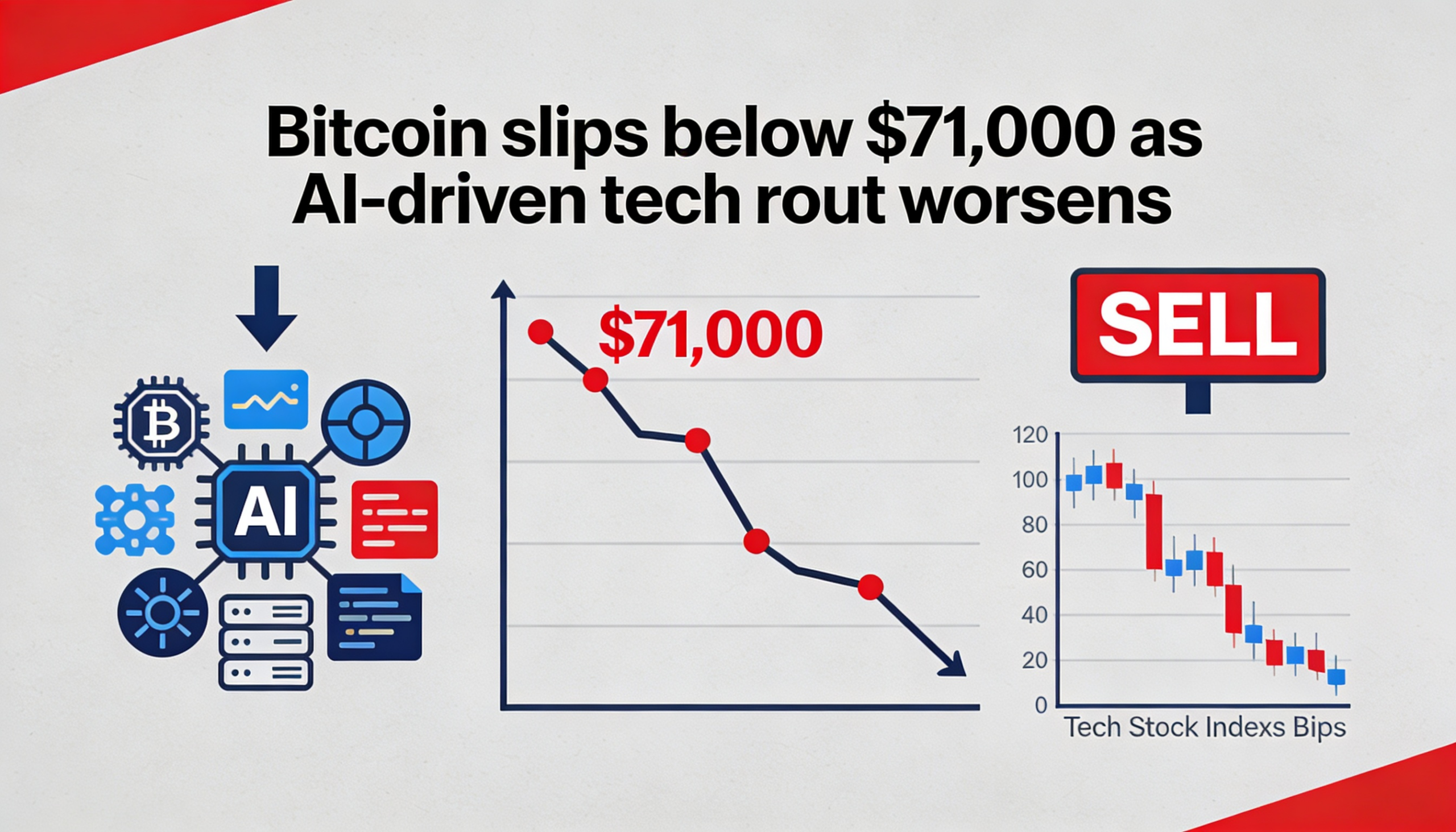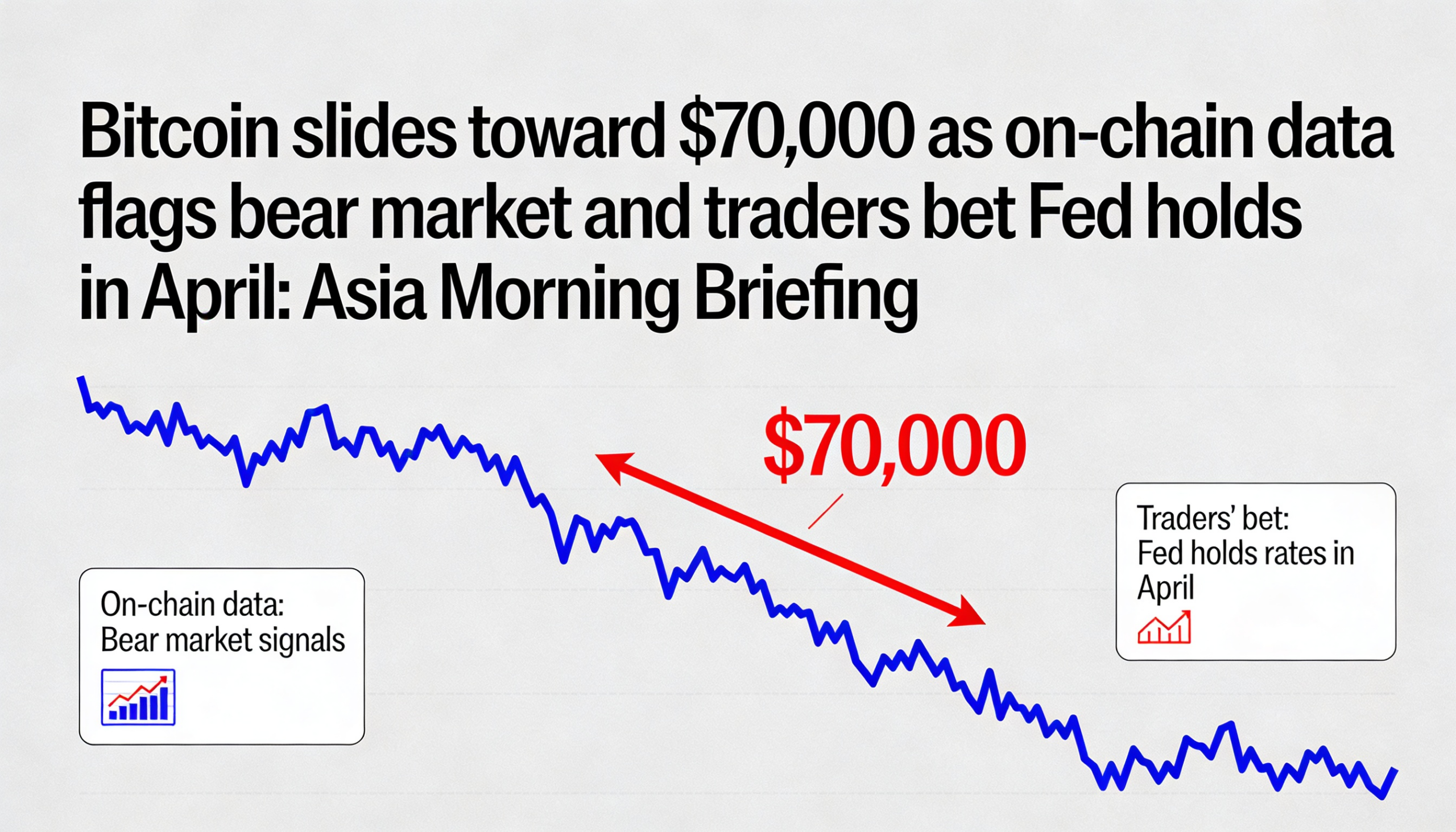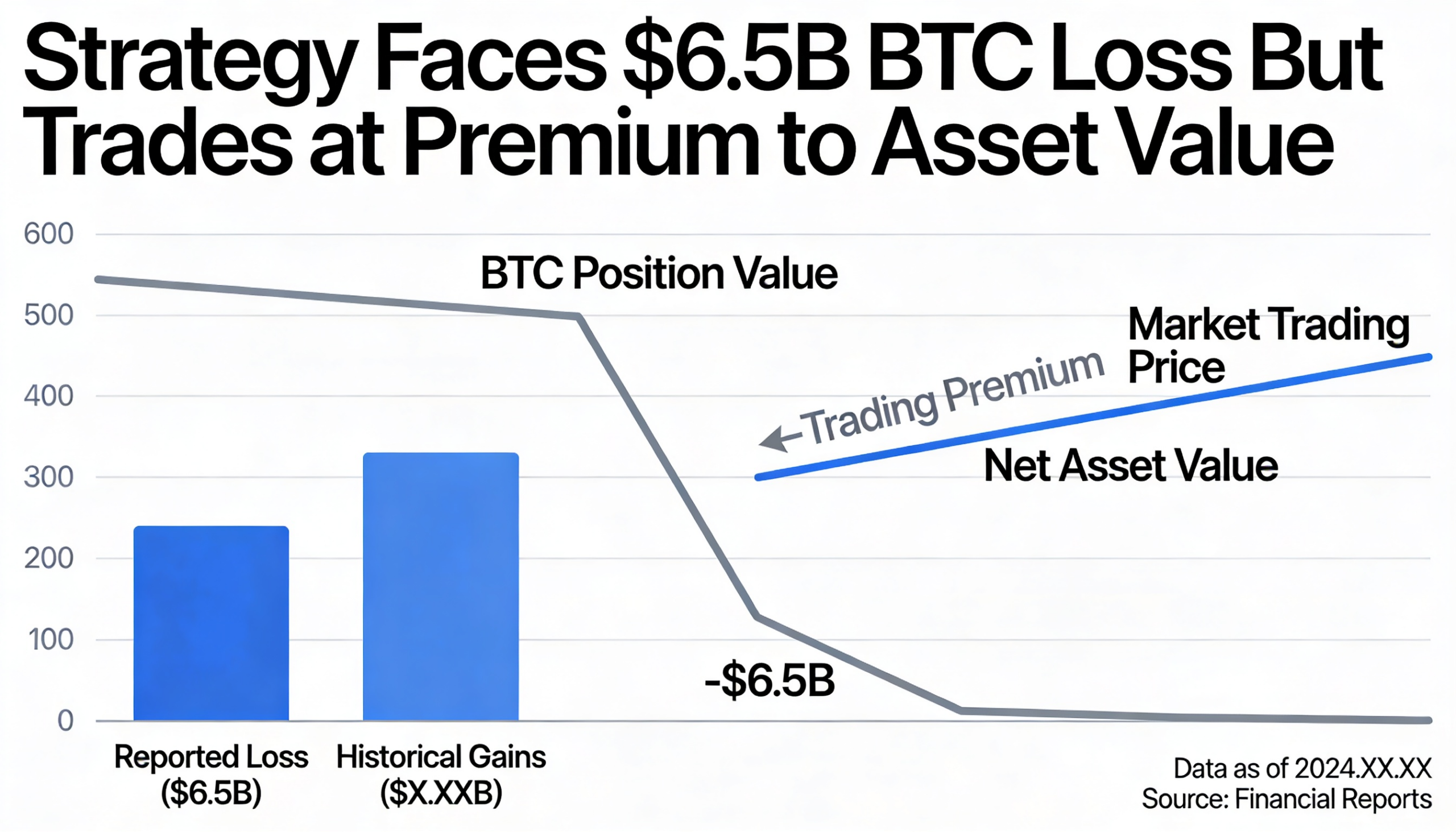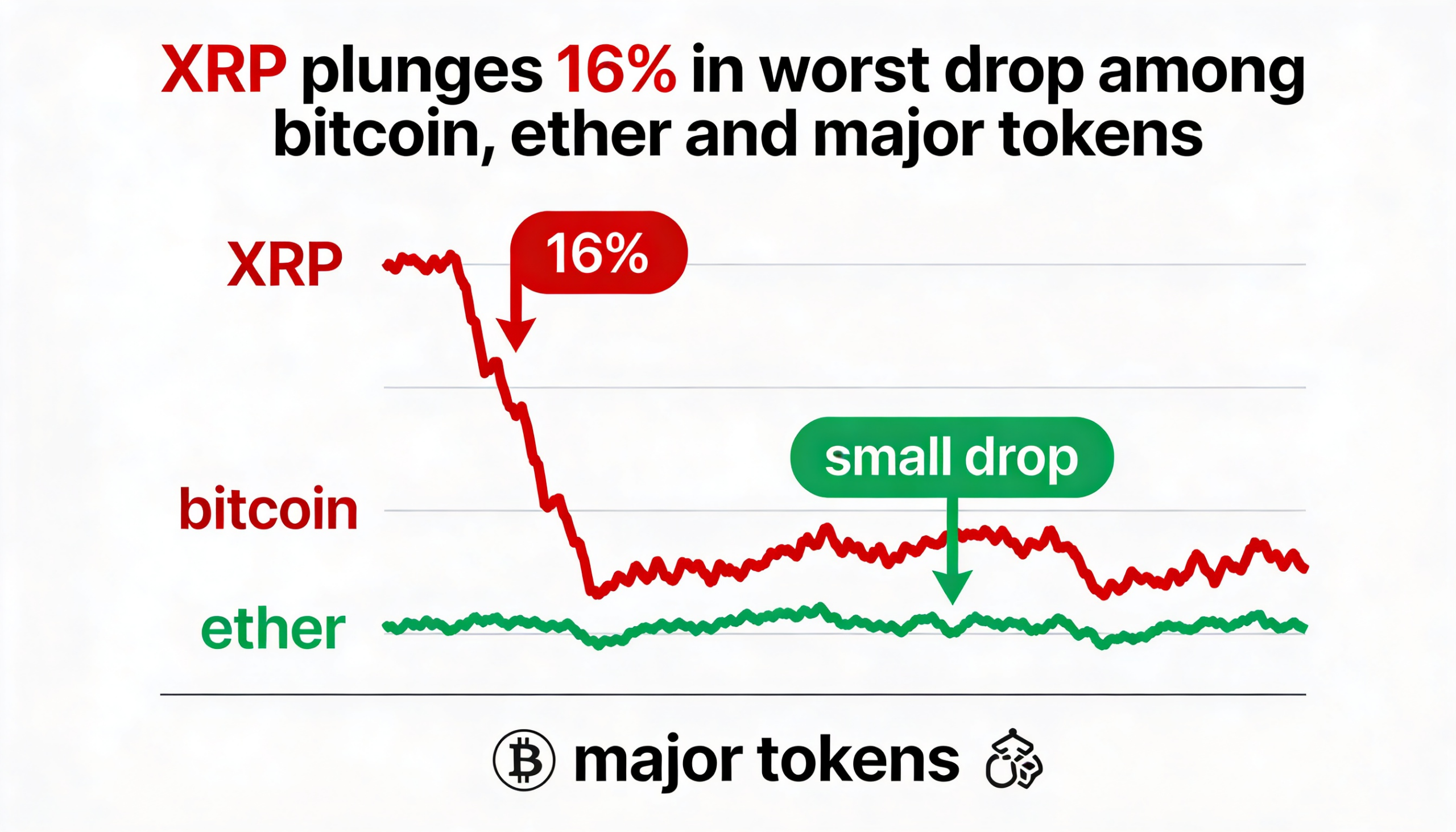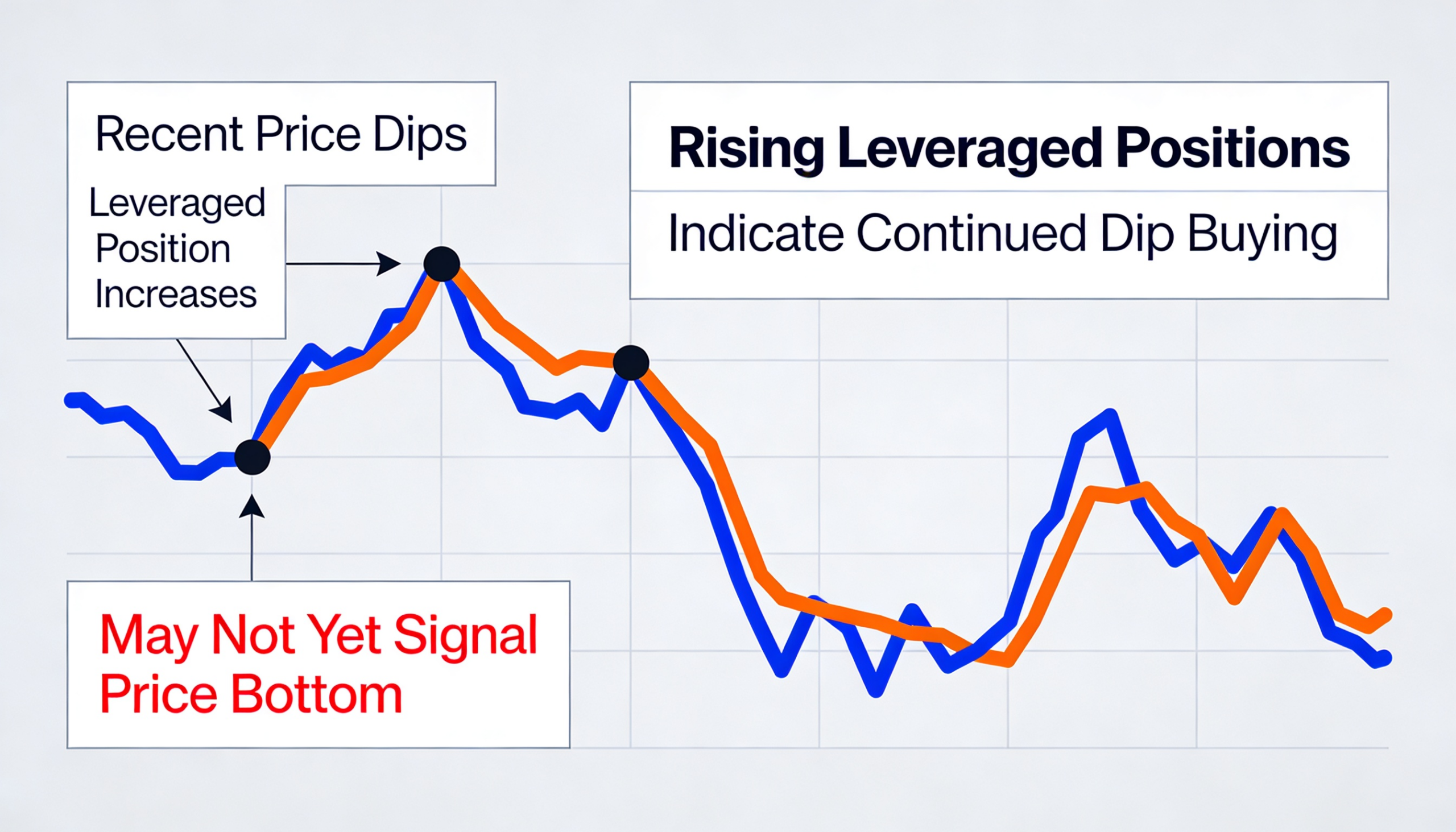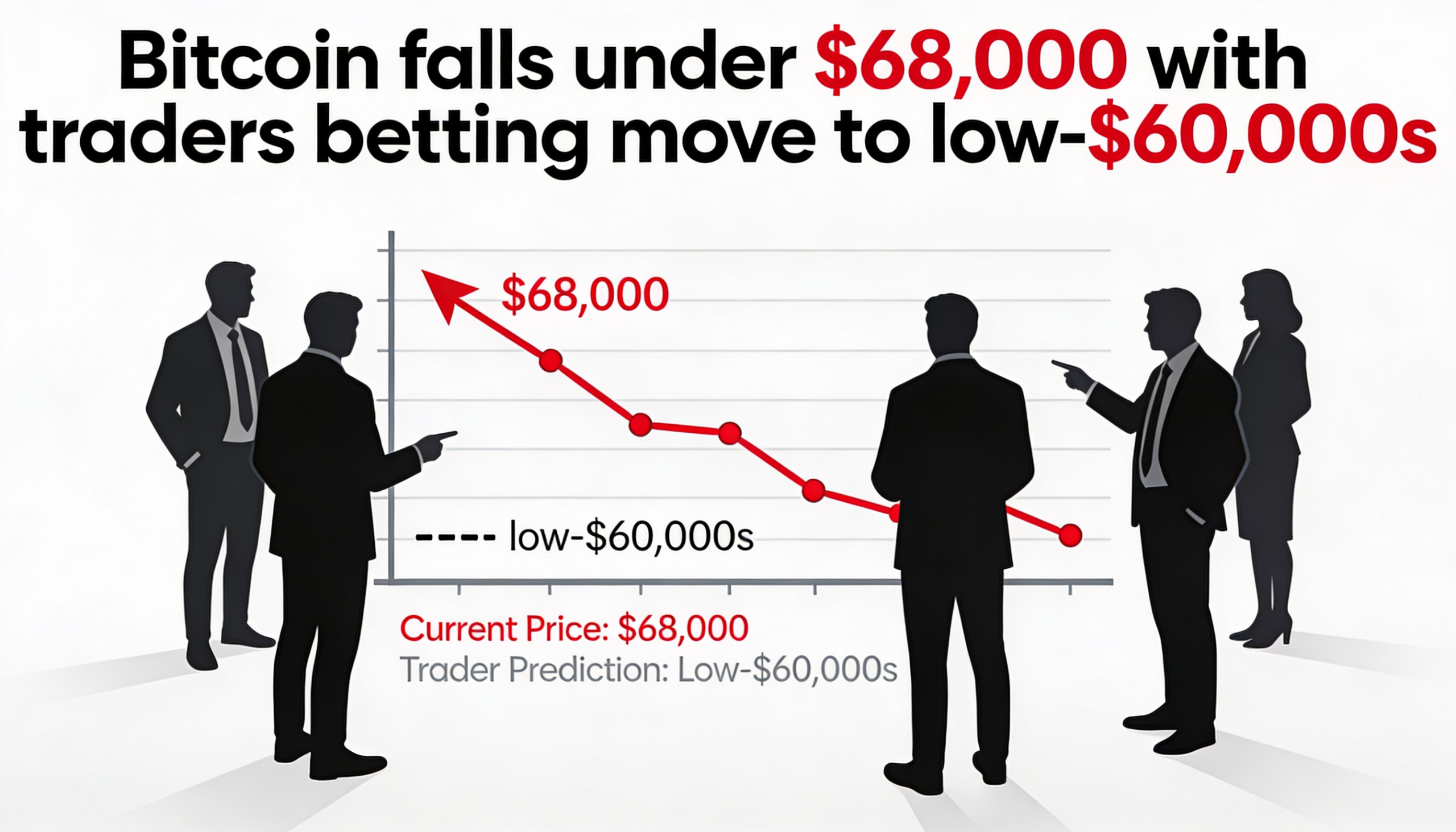Bitcoin Could Peak Near $140K in 2025 Before Entering Bear Market in 2026, Says Elliott Wave Strategist
Bitcoin remains on track to reach $140,000 by the end of 2025, according to Elliott Wave specialist John Glover — but a market reversal could follow in 2026.
Despite a 4% weekly decline that saw BTC briefly dip below $112,000, Glover, Chief Investment Officer at crypto lending platform Ledn, said the current pullback is consistent with the Elliott Wave model and not a sign of a top. Instead, he views the recent sell-off as a standard corrective wave before another major push higher.
“We’re still on track to hit $135,000–$140,000 by year-end,” Glover noted in a client note. “Bitcoin is completing wave iii of a larger five-wave move and could see a short-term pullback before the final leg higher.”
Elliott Wave Structure: A Quick Primer
Elliott Wave Theory, developed by Ralph Nelson Elliott in 1938, posits that financial markets move in repeating cycles or “waves” driven by investor psychology. These cycles typically follow a five-wave impulse pattern followed by a three-wave correction.
According to Glover’s chart, BTC is currently in the third wave (wave iii) of the final larger impulse (Wave 5). He expects BTC to reach $130,000 in the coming weeks, followed by a retracement to around $110,000 in September (wave iv). A final wave (v) could lift the asset to the $140,000 region by late 2025.
2026 Bear Market Warning
Glover warns that while bullish sentiment may intensify near the $140,000 level, investors should be cautious heading into 2026. He anticipates a return to bearish conditions next year, despite likely calls for $250,000–$500,000 price targets.
“Once we hit that $140K zone, many will expect a parabolic continuation,” Glover said. “But I expect we’ll see a classic post-cycle downturn in 2026.”
This view runs counter to growing sentiment that institutional interest — particularly via bitcoin ETFs — may have disrupted the traditional four-year cycle. Glover, however, believes historical patterns remain intact, and that bitcoin is unlikely to decouple from cyclical behavior anytime soon.



